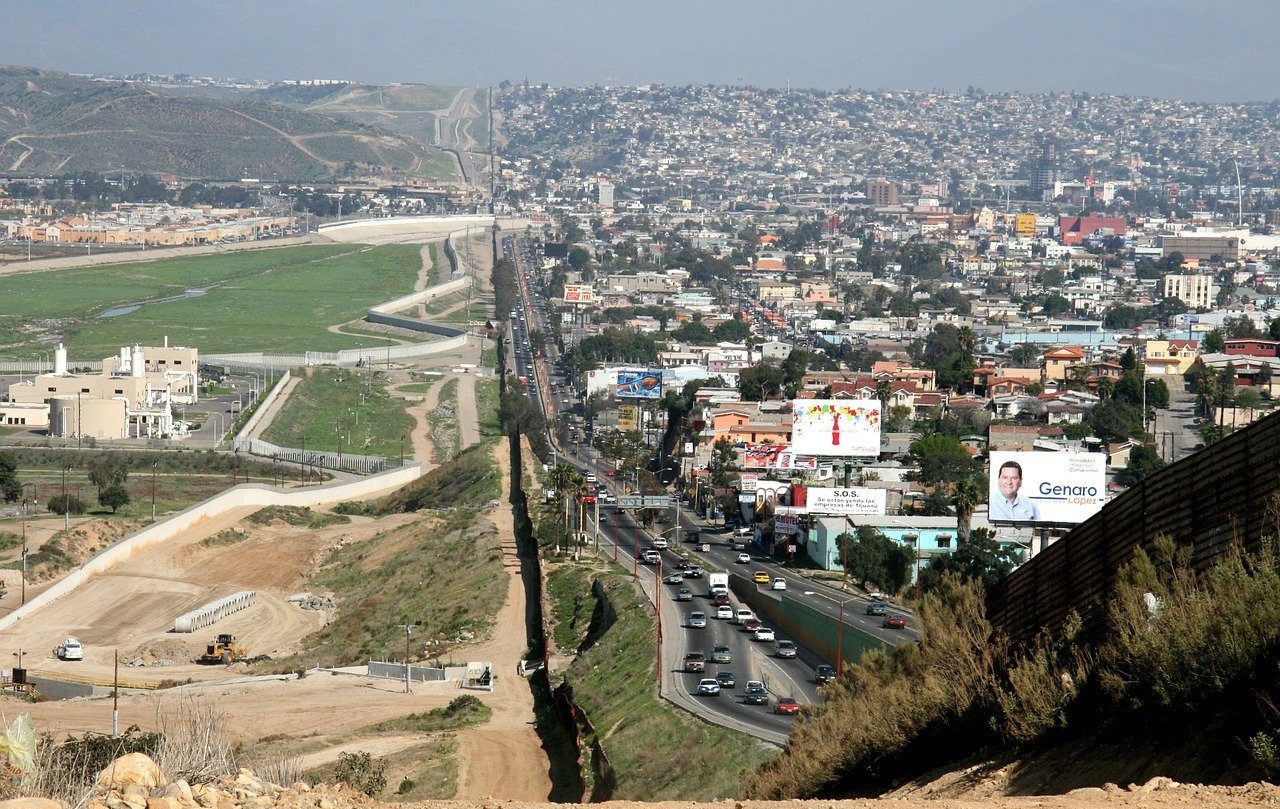Hello! My name is Yamaken.
We use our experience in architecture and urban planning to provide useful information to architects and real estate agents on a daily basis. Please follow me on Twitter (@yama_architect) if you’d like.
This article is about rural migration.
Those who want to move to a rural area can do so, and those who can’t, don’t have to.
When I read about rural migration, it’s as if the countryside is a land that embraces fallen warriors defeated in the city. I feel like it’s a good idea. There are really a lot of books that treat it that way, so when you read those books, you’re looking for success in a new environment. You will never succeed with a negative aura in search of a new environment. (This would be true not only in Japan, but also in Europe and America.)
If you’re migrating, move strategically in search of your next success.
If you’re thinking of moving to a rural area, it’s just as convenient as the city to some extent, but moderately rural. Such a place (Japan, that is).
Are you sure you want to emigrate?
A few days ago, an increasing number of young people who want to move to the countryside, probably due to the new coronavirus I am. I saw such news.
It’s hard to commute to work for an hour or two on a crowded train.
Until a decade ago, I used to think it was “cool” to work in the capital city, even if it was a hard commute. But now it’s just a pain in the ass. I don’t even want to think about getting on a crowded train at 7 or 8 in the morning (laughs).
The story of rural migration is not a new one, but I feel that it has been progressing in earnest in the last few years or so.
Particularly since last year, the Japanese government has established a system of grants to support start-ups and migration assistance to help people in rural areas to start their own businesses, etc., in order to correct the concentration of population in Tokyo and to counter the shortage of human resources in rural areas.
If the city is part of Tokyo, Kanagawa, Chiba, Saitama and Ibaraki (the southern part of Ibaraki Prefecture is a suburban development zone based on the Metropolitan Area Development Act), then I guess the rural areas are the rest of the city, but even in the rural areas, the ease of living varies depending on the size of the population, and also depending on how the city is structured and where you actually live, so it’s not just because a city has tens of thousands of inhabitants that it’s easy to live in.
Besides, it’s important to remember that moving to a rural area means losing a variety of opportunities, unlike in the city.
This means that you will have fewer opportunities to actually meet with talented and creative people from all over the country. Nevertheless, in today’s day and age, you can have a conversation with someone on a computer or with a single smartphone while looking at their face. I’m sure this technology will continue to develop in the future, so I don’t think we need to worry too much about it.
The big problem is work.
Moving to a rural area means that you have to have a set of jobs to live. Only a few percent of people who are thinking about living a self-sufficient life in the countryside are thinking about moving to the country. Most of us have to earn a wage that allows us to live as normal in rural areas and provide for our families!
In my case, as long as I have an internet connection, I can work, but for those who don’t, finding a job at the destination is a must.
If you have a handful of jobs, such as nurses or childcare workers, it’s easier to find a job, but in some cases it may not be easy to find a job and get a job in what is called a general office job, so think about starting a business after you move, unless you think you’re only suited to be an employee or can’t take the risk.
Isn’t it exciting to think about starting a business! You don’t know if you’re going to succeed or fail until you try, and people start a business thinking they’re going to fail. It fails. If you start a business thinking that you will succeed, you will be closer to the path to success despite the twists and turns (my theory).
Consider a place to relocate.
So that’s quite a long preamble~!
My experience so far has shown that moving to a local city is a comfortable way of life for many people (There are other cities besides Tokyo that have the quality that all migrants are looking for. (It’s not possible, so there must always be some kind of compromise).
If you are a young person in the city and don’t want to lower your standard of living too much from the city, just follow the following
That way, you can at least reduce the risk of being in trouble for a job and having your standard of living drop drastically.
Cities with a population of 500,000 or more
Note: Population size: not the population of a municipality, but the population of a metropolitan area (an aggregate of multiple municipalities in the same economic zone)
I’ve worked in a job in the past that involved a lot of relocation, so I understand the reality of rural areas.
If you’ve lived in the city and worked in a rural area, what’s astonishing is the low level of literacy around you.
There’s nothing discriminatory about this, it’s just a difference in the total number of people who have high antennas that usually keep up with the latest news in the country and the world, so it’s inevitable.
There is no city in the country that can match the large population size of Tokyo.
Therefore, we recommend that you move to an area with a larger population, but we don’t recommend that you move to an area that is not very similar to the city, such as one of the three major metropolitan areas, because you won’t be able to enjoy the feeling of moving to a rural area.
If you say, “No, no, I just want to relax in the countryside,” you can visit these areas with Google Maps, because they are full of nature if you drive around a bit, except for the three major metropolitan areas.
In this article, we will introduce cities with a population of 500,000 or more as metropolitan areas, excluding the three major metropolitan areas and cities adjacent to the three major metropolitan areas where the population is concentrated.
At the very least, if you live in the city center around the train station, you will not have any major inconveniences in terms of work, medical care, welfare, shopping and transportation. Translated with www.DeepL.com/Translator (free version)
| place | Urban names (Urban Planning Area) |
Major cities | populationUnit Millions of people |
|---|---|---|---|
| Hokkaido | Sapporo | Sapporo, Otaru, Ebetsu, etc. | 215 |
| Tohoku | Senen | Sendai, Natori, Tagajo , etc. | 141 |
| KitaKanto | Mito,Katsuta | Mito, Hitachinaka, Naka, etc | 57 |
| KitaKanto | Utsunomiya | Utsunomiya, Kanuma, Moka, etc | 79 |
| Hokuriku | Niigata | Niigata, Shibata, etc | 90 |
| Hokuriku | Toyama and Takaoka area | Toyama, Takaoka, Imizu | 60 |
| Hokuriku | Kanazawa | Kanazawa, Nonoichi, etc | 54 |
| Chubu | Gifu | Gifu, Mizuho, etc | 52 |
| Chubu | Shizuoka | Shizuoka | 69 |
| Chubu | Hamamatsu | Hamamatsu | 77 |
| Kinki | Chuban | Himeji、Tatsuno, etc | 63 |
| Kinki | Touban | Akashi, Kakogawa, Nishiwaki, etc | 93 |
| Chugoku | Okayamakennan | Okayama, Kurashiki, Tamano, etc | 136 |
| Chugoku | Hiroshima | Hiroshima, Kure, Otake, etc | 157 |
| Chugoku | Bingo | Fukuyama, Onomichi, Mihara, etc | 63 |
| Shikoku | Tokushimatoubu | Tokushima, Naruto, Komatsushima | 50 |
| Shikoku | Matsuyama area | Matsuyama, Iyo, Toon, etc | 60 |
| Kyushu | Kitakyushu | Kitakyushu, Nakama, etc | 104 |
| Kyushu | Fukuoka | Fukuoka, Kasuga, Chikushino, etc | 239 |
| Kyushu | Nagasaki | Nagasaki, Isahaya, etc | 56 |
| Kyushu | Kumamoto | Kumamoto, Koshi, etc | 88 |
| Kyushu | Kagoshima | Kagoshima | 55 |
| Okinawa | Naha | Naha, Urasoe, Itoman, etc | 79 |
Source: 2017 Current Survey of Urban Planning (Ministry of Land, Infrastructure, Transport and Tourism)
So that’s it. I hope this is helpful.
Finally, if you don’t have the financial resources to buy a house in bulk at the place you’re moving to, you should definitely rent a house, and Please. The world situation is constantly changing, so you need to be ready to move to the next city at any time There is.





